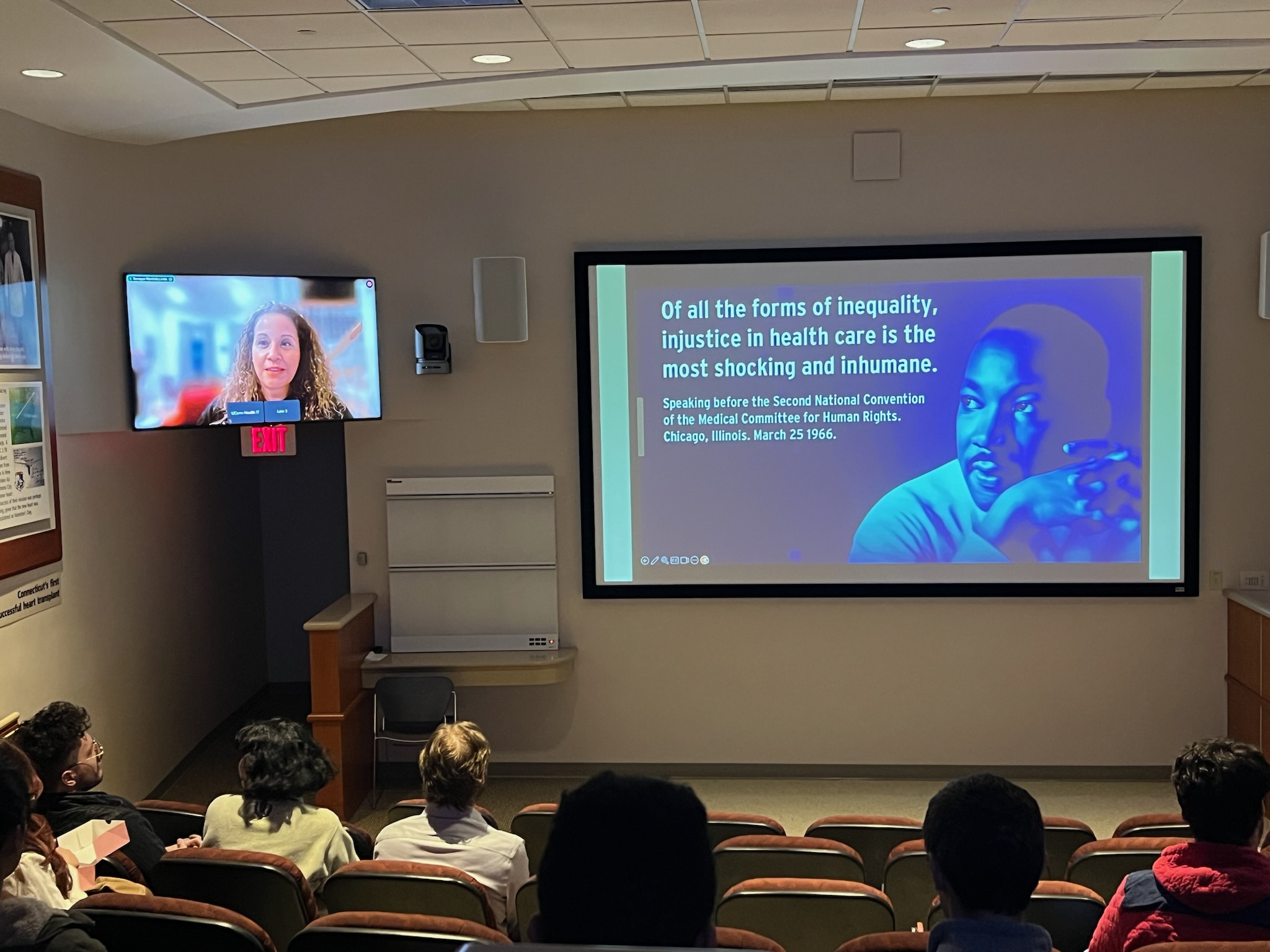As the seas rise, cities heat, and rains get less predictable, Connecticut is investing in the future. UConn researchers will discuss their work on climate, transit, and policy this June, and any citizen interested in how their state prepares for climate change is welcome to tune in.
The Connecticut Institute for Resilience and Climate Adaptation (CIRCA) will host the webinars as a series of brown bag lunches throughout the month, starting Monday, June 7. CIRCA brings together researchers with state agencies, municipalities, and non-governmental organizations to answer practical questions.
For example, in 2017 the governor asked CIRCA to provide guidance on how much sea level rise Connecticut could expect by 2050. Researchers from UConn developed models that showed detailed, neighborhood-scale maps of how much water levels would rise along the coast and inland waterways, and now when towns create their long term plans they have those maps as a resource–and in some cases are required to consider 20 inches of sea level rise.
“Research should not be left on the shelf; it should be applied,” says Yaprak Onat, CIRCA’s assistant director of research.
Other CIRCA projects have looked at how increased temperatures will worsen heat islands in cities, suggested strategies for towns to finance climate adaptation projects, and even developed plans to make communities in Fairfield and New Haven Counties more resilient to sea level rise and storms while making neighborhoods more walkable and connected.
The June webinar series will give a taste of the current research collaborations between scientists and Connecticut municipalities. It will kick off on June 7 with a discussion of stakeholder input for longterm planning, and end on June 25 with a policy and legal discussion analyzing what other states have done legislatively to increase climate resilience and adaptability. In between, researchers from UConn and other institutions will present short talks on real estate values, extreme storms, river flooding risk, tidal changes, land use, and transit-oriented development. Each talk will be followed by a 10 minute question period open to anyone watching the webinar.
UConn Today will cover some of the webinars as part of a series. To see the schedule and participate as they happen, visit: https://resilientconnecticut.uconn.edu/june-21-research-webinar-series/



